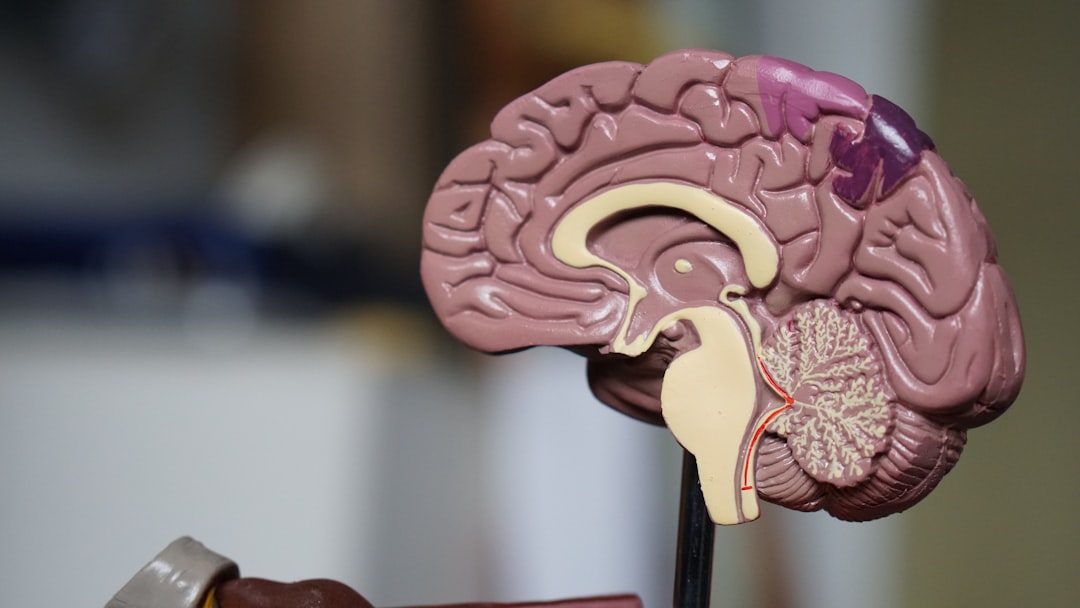What is it about?
LOLA - Looped Ligation Assay - is a simple assay that allows us to detect chromosomal translocation, such as IGH-BCL2, MYC-IGH and BCR-ABL, using genomic DNA, where the breakpoints are not tightly clustered.
Featured Image
Why is it important?
LOLA is a simple, DNA-based detection method for translocations with widely distributed breakpoints. It is analogous to FISH but without the limitations of a microscope-based test. This method is sensitive and specific and permits rapid mapping of the breakpoints. This novel method will be broadly applicable for DNA-based detection of translocations and breakpoint mapping, particularly when breakpoint hot spots are large or multiple.
Perspectives
LOLA can link DNAs from two locations up to 200-250 kb apart. This methodology can apply to other situation when we want to determine the link, such as haplo-typing.
Shuko Harada
University of Alabama at Birmingham
Read the Original
This page is a summary of: Detection of Chromosomal Translocation in Hematologic Malignancies by a Novel DNA-Based Looped Ligation Assay (LOLA), Clinical Chemistry, May 2017, AACC,
DOI: 10.1373/clinchem.2016.270140.
You can read the full text:
Resources
Contributors
The following have contributed to this page










